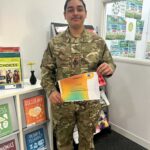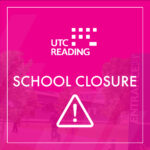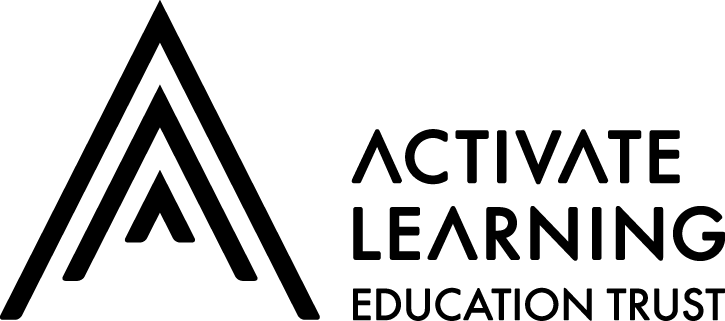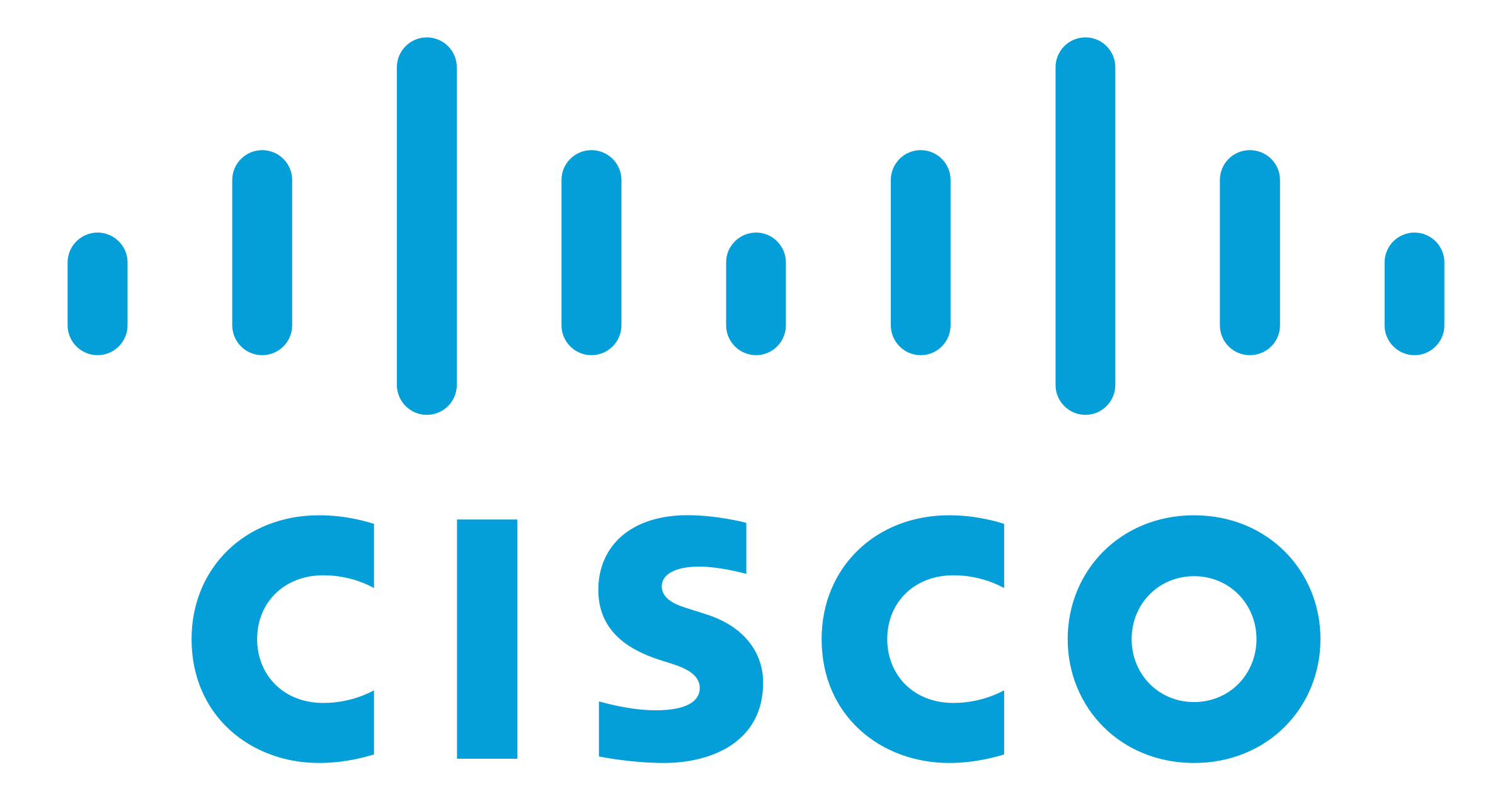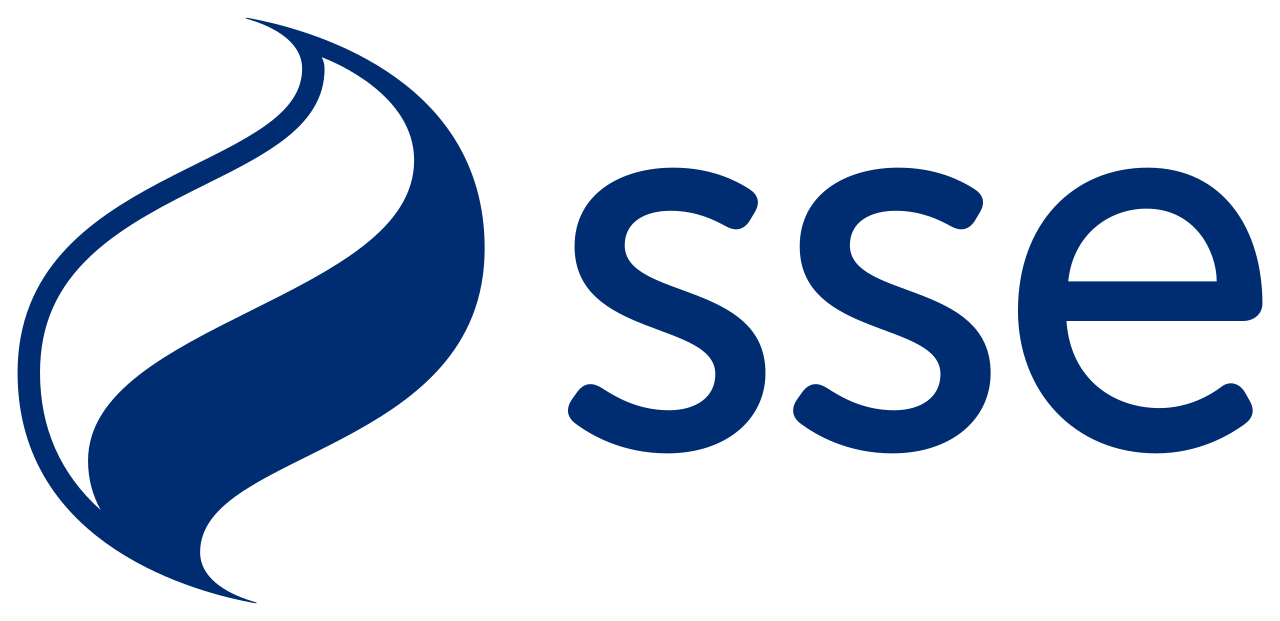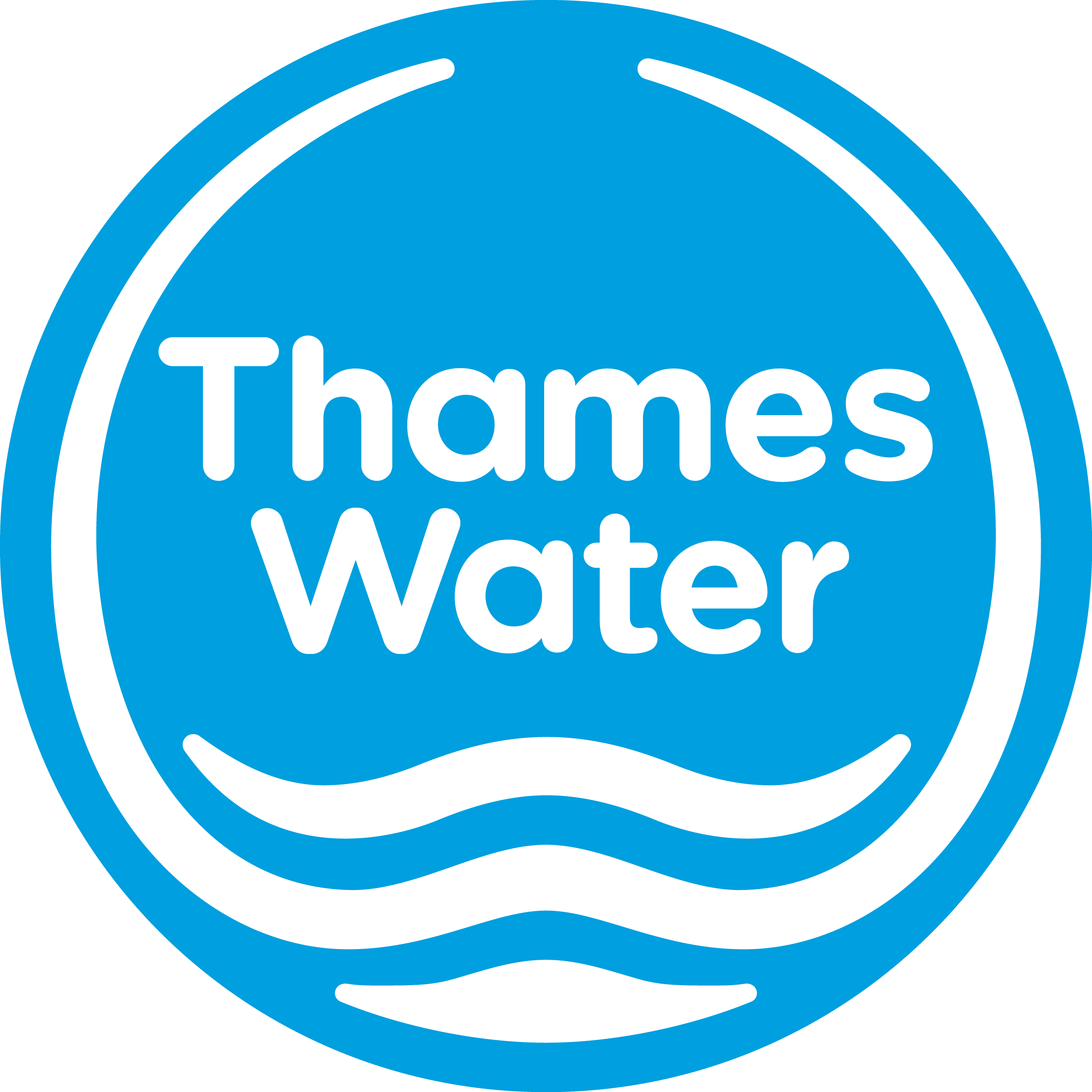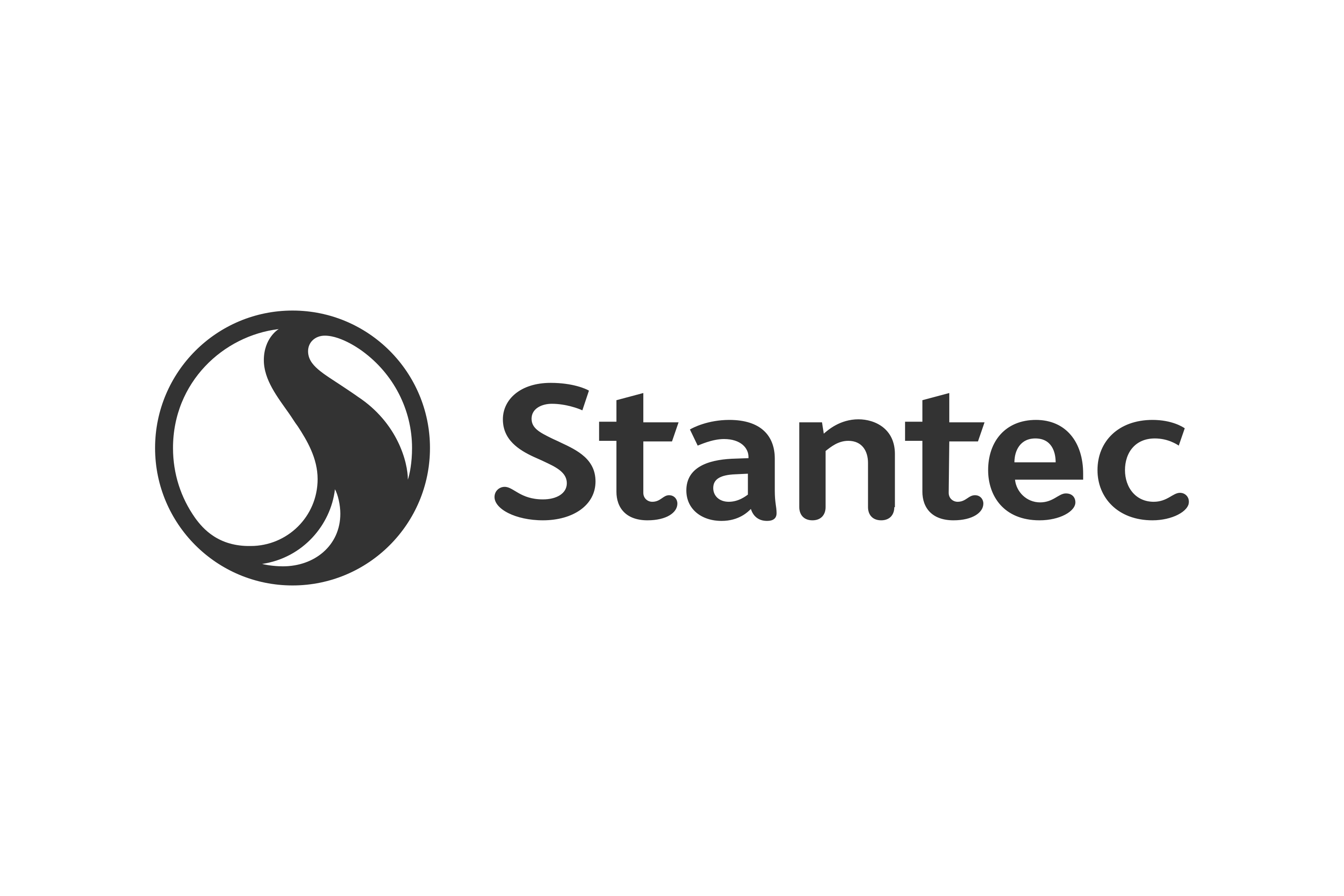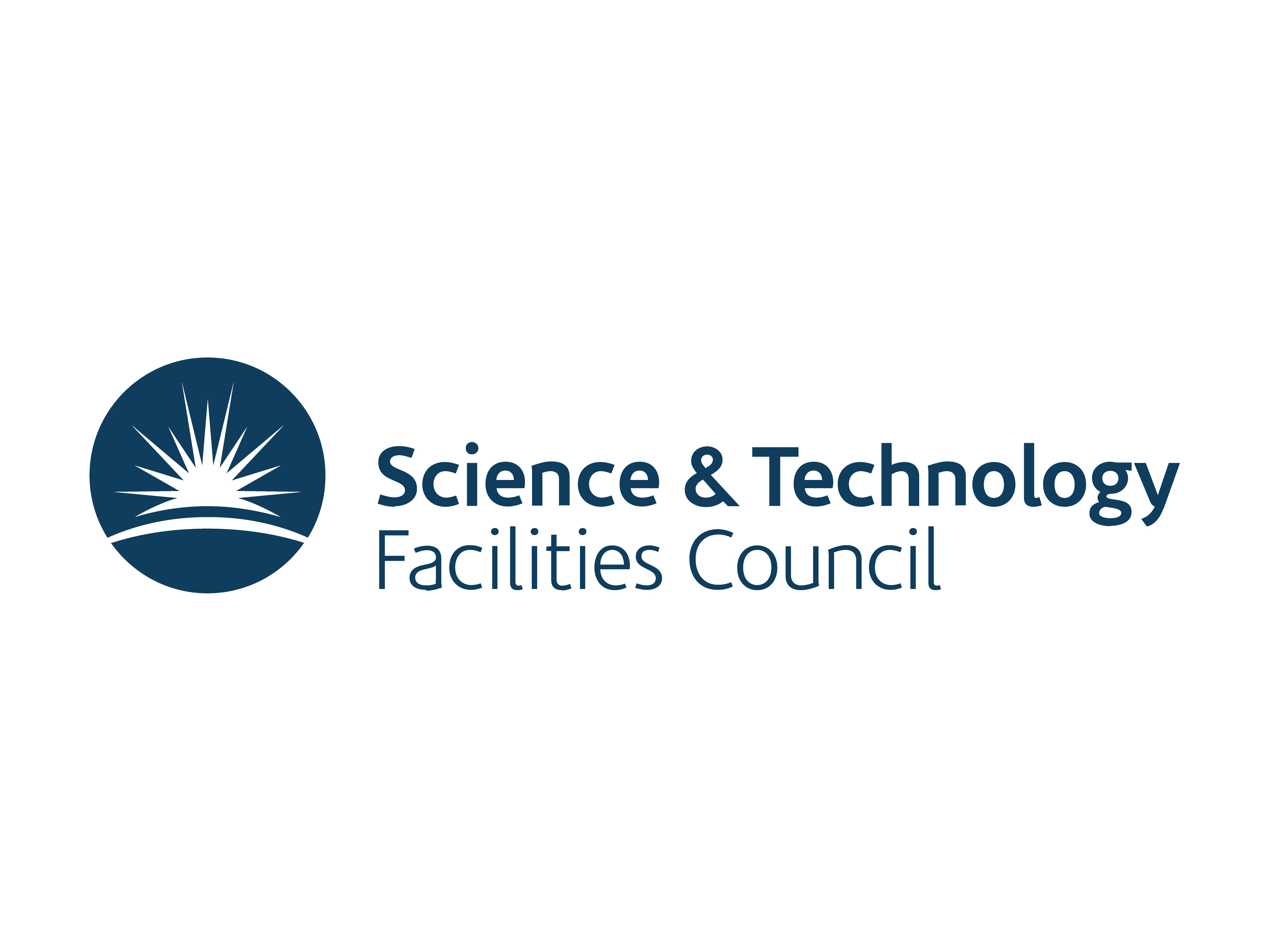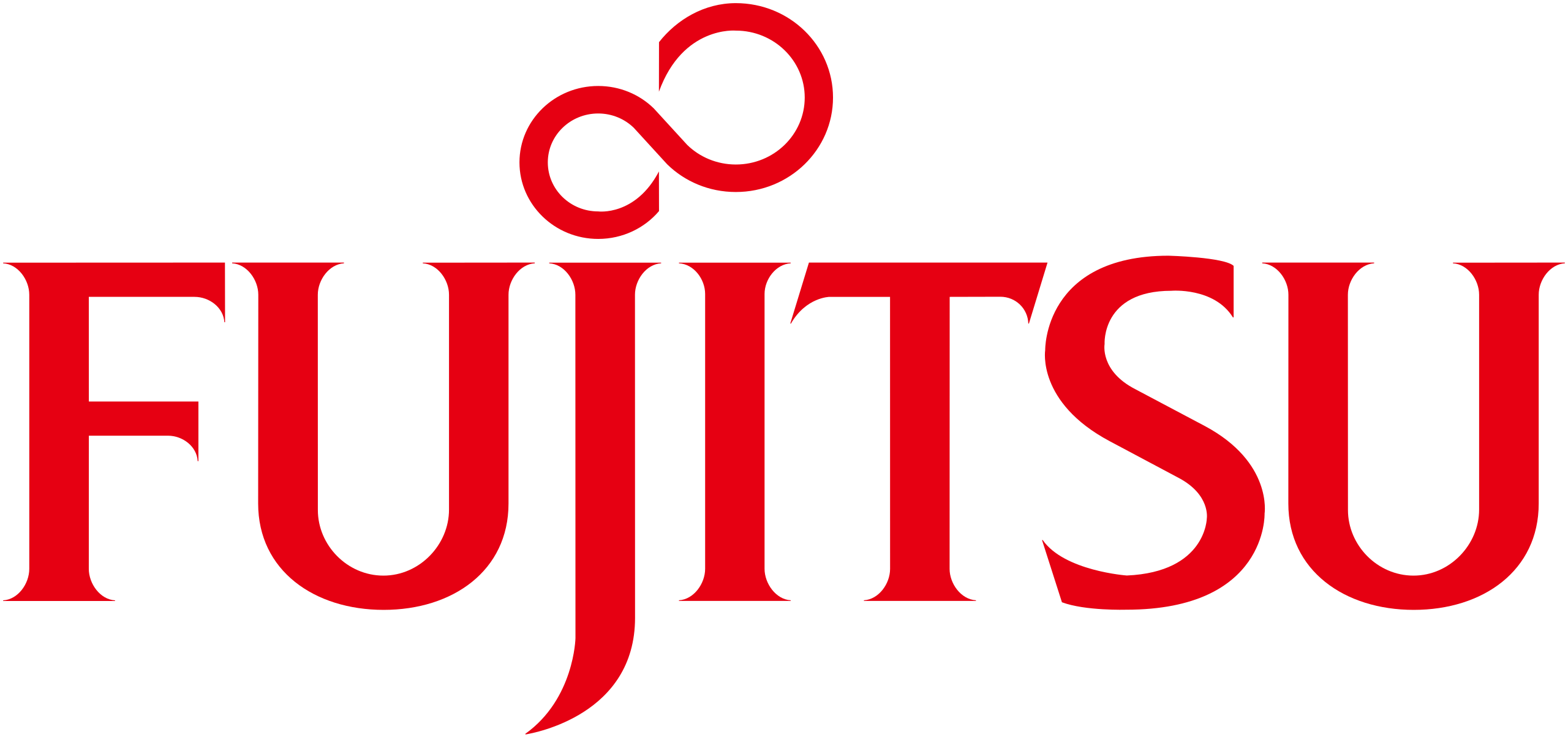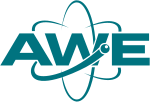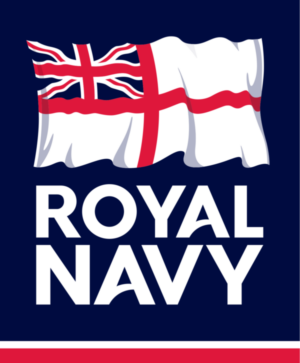The International Space Station
UTC Reading’s A Level Computer Science students working on a program to run scientific experiments from space have achieved Flight Status in a Europe-wide competition – meaning their program will run on Astro Pis installed on the International Space Station (ISS) in April!
The students – Fred, Oviya and Tanisha – are participating in this year’s Astro Pi Mission Space Lab, which is run by the Raspberry Pi Foundation and the European Space Agency. They set a challenge every year for students in schools across Europe to design a program that can be run using Python programming language on a space-adapted Raspberry Pi computer inside the International Space Station.
This year’s challenge was the design a program that could measure the speed of the space station specifically using sensors on the Raspberry Pi.
Fred, Oviya and Tanisha had their programs accepted for Flight Status and their programs will be run on the ISS in April. The data collected will be transmitted back to the students for further evaluation.
David McArthur, Teacher of Computer Science at the school said: “It’s a really challenging project … using ‘Google’ to calculate the speed of the ISS is pretty simple. Using a camera, an accelerometer and the IMU sensors on the Pi …is something completely different and really challenges the students’ creativity and technical knowledge.”
One of the participating students, Fred Padgham,explains the science: “My project involves using the camera to capture pictures of Earth from space at regular intervals, and, employing Computer Vision techniques, detecting significant features within the photos. By filtering and comparing these features across pairs of images, I am able to identify the same features on different photos, enabling me to determine the distance between them. Combining this distance with the amount of time elapsed between captures allowed me to calculate the linear velocity.
“Overall, it has been really fun to work on, especially because exploring space distance measurements and filtering methods were great rabbit holes to delve into,” he said.
This is the second time UTC Reading students have made it through to the Flight Status phase of the competition in the last three years. In 2022/23 about 1,800 teams took part with 290 getting through to the Flight Status phase.
Good luck, space cadets, we will be eagerly awaiting progress reports from here on Earth!

